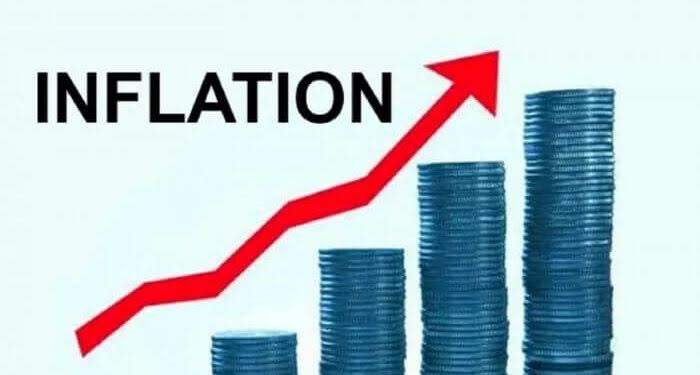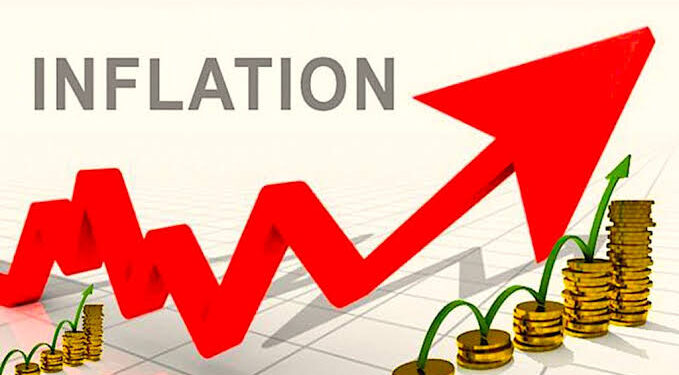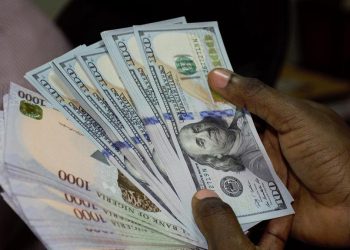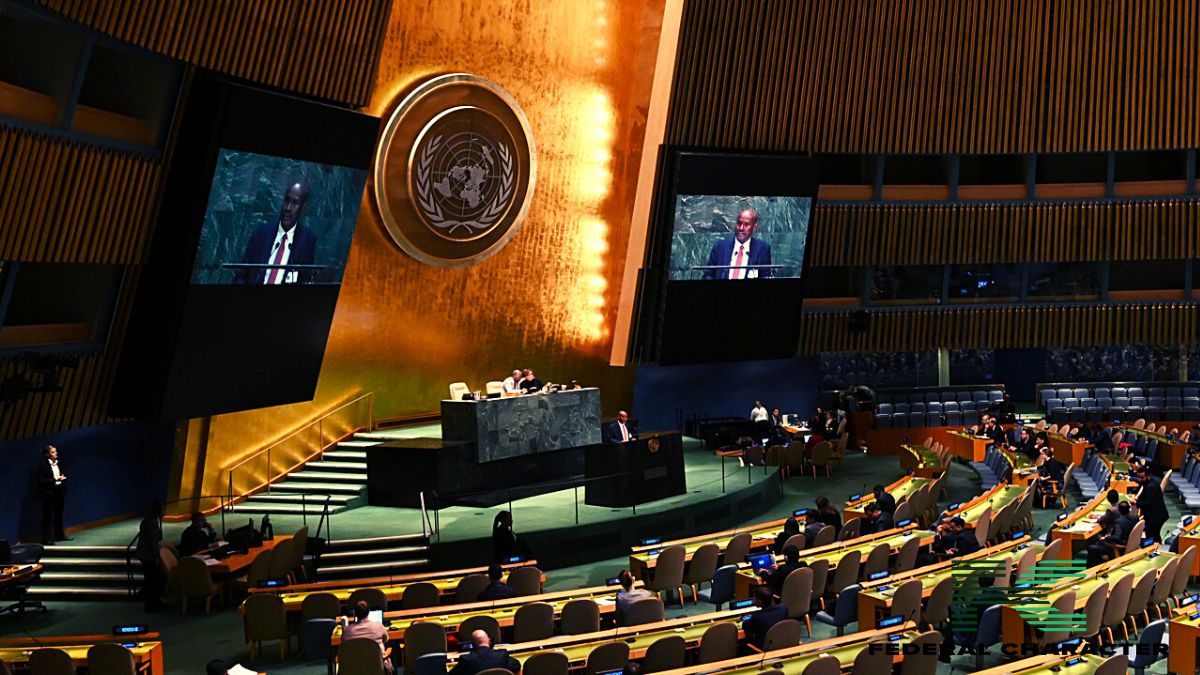August inflation figures for Nigeria and the United Kingdom are set to be released as the Federal Reserve meets with the aim of deciding on a potential interest rate cut. This decision by the Fed could benefit various emerging market economies, like Nigeria, through lessening currency pressures and lowering prices of imported goods as well.
For the first time in 19 months, Nigeria’s inflation rate slowed down in July to 33.4%, which can be attributed to a high base effect. Analysts predict a further decrease in the next month’s inflation due to decreasing food prices, although this may be countered by the new maximum pump price of petrol.
On Monday, September 16, Nigeria’s National Bureau of Statistics will release the August inflation figures. If inflation continues to decline, the Central Bank of Nigeria may halt further interest rate hikes.

Simultaneously, it is anticipated that the Federal Reserve will make its first interest rate cut in more than four years, whereby analysts forecast a 25 basis point to 50 basis point reduction. This fresh development might stimulate foreign investors’ interest in emerging markets such as Nigeria.
Wednesday, September 18, marks the release date for South Africa’s inflation report, amid expectations for a rate cut on September 19. Also scheduled for the same day is the UK consumer price index, amidst betting that inflation will recede.
The inflation report for South Africa is set to be revealed on Wednesday, 18 September 2023; and there are speculations that it will result in a decrease in rate by the next day, 19 September. The UK consumer price index (CPI) will also be published on that same day, with investors betting on appreciating inflation. Furthermore, diesel and premium motor spirit prices will be watched by the National Bureau of Statistics on that same Wednesday, 18 September 2023.
In the month of September, Nigeria’s naira is anticipated to stabilize due to a reduction in demand pressure.

















